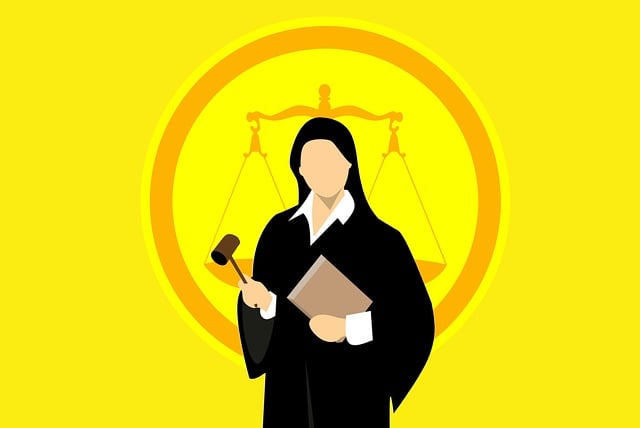Facing contempt charges in Oregon? It's crucial to act swiftly, defend against willful non-compliance allegations, and understand the gravity of these charges which can include fines or jail time. A strong defense focuses on ignorance, reasonable causes for non-compliance, and clear communication with the court. Strategize by reviewing allegations, gathering evidence, challenging unclear orders, presenting changed circumstances, and demonstrating good faith – all guided by legal specialists – to mitigate the impact of a contempt charge in Oregon.
In Oregon, contempt of court charges can arise from a variety of actions, often leading to significant legal consequences. If you find yourself facing these allegations, understanding your rights and available defenses is crucial. This article explores the intricacies of Oregon’s contempt charge defense strategies, offering insights into how to navigate the legal process effectively. From recognizing common pitfalls to crafting a robust defense, these guidelines aim to empower individuals to protect their rights in Oregon courts.
- Understanding Contempt of Court Charges in Oregon
- Common Strategies to Defend Against Contempt Charges
- Navigating the Legal Process and Building a Strong Defense
Understanding Contempt of Court Charges in Oregon

In Oregon, contempt of court charges are taken seriously and can have significant consequences for individuals found guilty. These charges arise when someone willfully fails to comply with a court order or engages in conduct that obstructs the judicial process. Contempt defense strategies in Oregon focus on demonstrating that the accused lacked knowledge of the order or could not comply due to reasonable circumstances. Understanding the specific contempt charge is crucial, as different types of contempt carry distinct penalties, including fines, jail time, or both.
Legal professionals specializing in Oregon courts often emphasize the importance of timely action when facing a contempt charge. This involves promptly reviewing the alleged violation, gathering evidence to support the defense, and strategically communicating with the court to present the best possible argument for the accused’s innocence or extenuating circumstances. Effective representation can significantly impact the outcome, ensuring that individuals are protected from unfair or unjust charges.
Common Strategies to Defend Against Contempt Charges

When facing a contempt charge defense in Oregon, individuals accused can employ various legal strategies to present their case effectively. One common approach is challenging the validity of the underlying court order or decree, asserting that it was unclear or ambiguously worded, and therefore difficult for the defendant to comply without further guidance. This strategy often involves detailed analysis of the legal language used in the document.
Another tactic is to demonstrate a sincere effort to adhere to the court’s directives but facing unexpected circumstances that made compliance impossible. This may include presenting evidence of changed situations or external factors beyond the control of the accused, such as financial difficulties or significant life events, which impacted their ability to fulfill the court’s order. These defenses aim to humanize the situation and show that the defendant acted in good faith throughout the process.
Navigating the Legal Process and Building a Strong Defense

Navigating the legal process surrounding a contempt charge in Oregon requires a deep understanding of court procedures and a strategic approach to building a strong defense. The first step is to thoroughly review the contempt allegations and gather relevant evidence. This includes documents, witness statements, and any applicable laws or previous court orders that could be used to refute the charge.
An effective strategy involves challenging the validity of the underlying court order, proving an inability or unwillingness to comply, or demonstrating extenuating circumstances. Legal professionals in Oregon specializing in contempt defense can guide individuals through this process, ensuring all defenses are presented compellingly. By understanding the nuances of the law and presenting a well-structured argument, it’s possible to mitigate the impact of a contempt charge.






